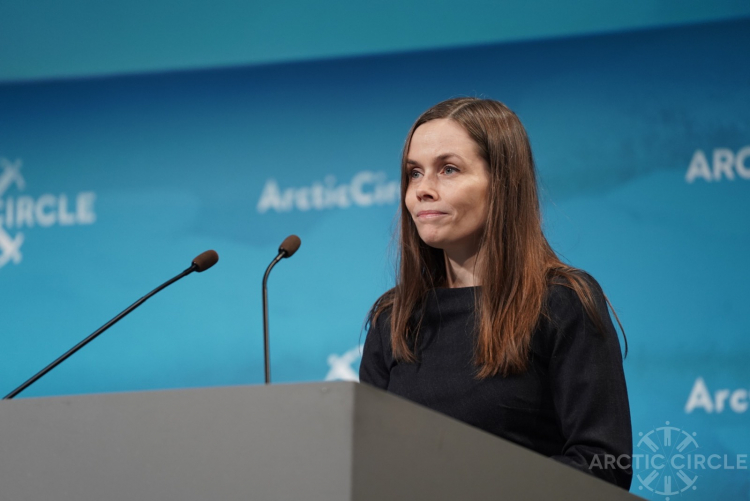Icelandic Coalition Talks Move Forward at Snail’s Pace

In 2017, Iceland elected into governance into the world's oldest extant parliament an unlikely coalition of parties, two right-wing parties, the Independence Party and the Progressive Party, allying with a left-wing environmentalist party, the Left-Greens, moreover choosing to be led as a collective by its leader, becoming Iceland's second ever female prime minister. The coalition, despite its opposing political ideologies, remained as one, finding common ground in resisting further integration into the European Union. Now, four years later, the coalition has seen their total seats increase, but the environmentalists lose ground, raising pressing questions about their position in the coalition going forward.
On top of the unlikelihood of their allyship, the unlikely story of the coalition having stayed together should also be noted. Icelandic politics have been rife with scandal, with financial crises, offshore accounts, and a row over a politician's father asking for the restoration of rights to a sex offender, had all yielded snap elections, political terms cut short, and a deep, unabating distrust in politicians by Icelandic voters. Nevertheless, Katrín Jakobsdóttir, the current prime minister and leader of the Left-Greens, has managed to become a popular one, owing in particular to her successful coronavirus response, and that popularity has remained despite her own party losing seats in this past general election.
By this time after the last election in 2017, a coalition had already been formed and a prime minister selected. Despite little shift in the number of seats, coalition talks have stretched on and on, inching ahead with no leader foreseeing an end to the talks at this time. Stalling points of the talks have surrounded energy and climate, two sectors that are split between right-wing and left-wing parties in the current cabinet. One of these points has revolved around the future of a creation of a new national park in the highland, something that is obviously important to the environmentalist wing of the coalition, but with less influence going into the next parliamentary session, may prove fruitless against increased right-wing presence.
Nevertheless, Jakobsdóttir is expected to continue leading Iceland for the rest of the parliamentary term. Her popularity is far and away ahead of any other potential candidate for prime minister, a clear majority of 57.6%, with even 69% of voters for the right-wing Progressive Party, one of the parties in the coalition, saying they preferred Jakobsdóttir over their own chairman. It is clear, and the negotiators have said as much, that the thread holding the coaliton talks together is that Jakobsdóttir will lead it. She is Iceland's arguably sole "trustworthy" politician, and her name may grant even the most volatile and unlikely coalition the mandate to lead.







